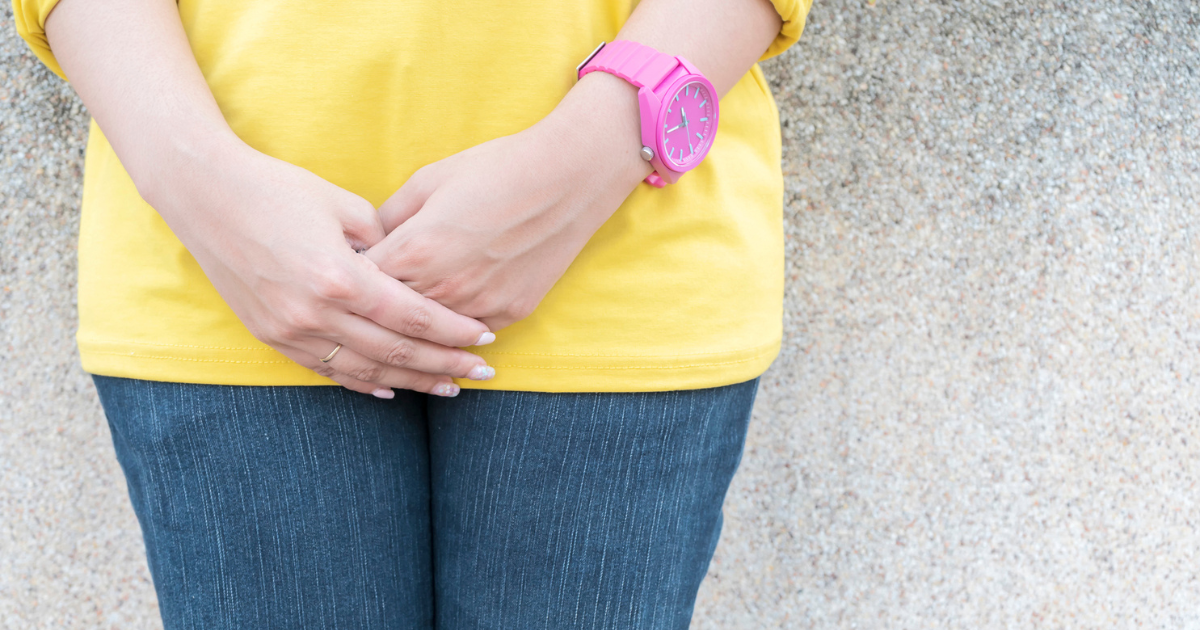Do boric acid suppositories and washes work for bacterial vaginosis or yeast infections?

Lately, people on social media have been pushing the benefits of boric acid use as an at-home treatment for bacterial vaginosis or BV, and yeast infections. But do the claims live up to the hype? Is it safe?
Sometimes it isn’t always easy to separate fact from fiction regarding home remedies. Here we take a closer look and provide some advice from Nebraska Medicine OB-GYN Katherine Lessman, MD.
Bacterial vaginosis or yeast infection? How to know
BV is a common vaginal infection that causes a bacterial imbalance. When normal vaginal bacteria overgrow, you may or may not notice any symptoms. You may notice vaginal discharge, a strong odor or irritation when you urinate.
A yeast infection occurs when the fungus candida overgrows. Symptoms typically include an itchy or burning sensation in and around your vagina, a thick, white vaginal discharge, vaginal and vulva redness, swelling, or burning while urinating.
What’s the difference?
Both conditions are vaginal infections, and the symptoms tend to trend toward patterns. Symptoms can overlap and can even mimic one another.
- Irritation and burning: BV doesn’t always include these symptoms, but yeast infections do
- Discharge: BV usually has a “fishy” smell. Yeast infections don’t typically have a strong smell but have a cottage cheese appearance
Do boric acid suppositories, or washes effectively treat bacterial vaginosis or yeast infections?
“Boric acid is a relatively simple treatment with a complicated reputation,” says Dr. Lessman. “It can be helpful and even important in a few specific contexts, but it’s rarely a first-line treatment. For yeast and bacterial vaginosis, prescription treatments are the most effective and are actually safer than boric acid.”
Boric acid may be helpful for resistant or recurrent vaginal infections when combined with a prescription antifungal or antibiotic. Most yeast infections are caused by candida albicans, so boric acid may be helpful for the exception – when caused by a less common yeast like candida glabrata. Since you don’t know what type is causing your problem, visiting your doctor for ongoing or reoccurring infections is best.
Are boric acid washes and suppositories safe? There are drawbacks
“Boric acid isn’t well regulated or thoroughly studied,” says Dr. Lessman. “Clinical studies were performed with boric acid suppositories made by compounding pharmacies. The commercially available formulations should be the same, but they haven’t proven that they deliver on their claims. And this is worse for the rinses or washes, whose drug delivery and efficacy is a mystery.”
Additional downsides:
- Boric acid is highly toxic if swallowed. Suppositories are usually pills that are placed in a body cavity instead of being swallowed, but consuming a single pill can be fatal
- Boric acid can cause dramatic irritation, even to the point of chemical burn. Burns are not expected with daily use but are possible
- Sexual partners may report skin irritation
- Boric acid is not recommended for pregnant women or those trying to get pregnant. Actual studies are lacking on this point. Still, if a single pill can be fatal to an adult, even a tiny amount that is absorbed vaginally isn’t wise for the health of a developing embryo
Have a woman’s health concern? Reach out to one of our experts. Call 800.922.0000 to make an appointment with one of our expert OB-GYNs.






